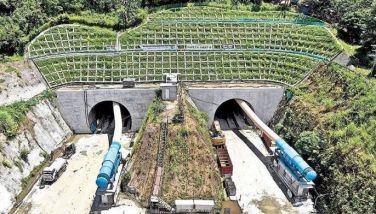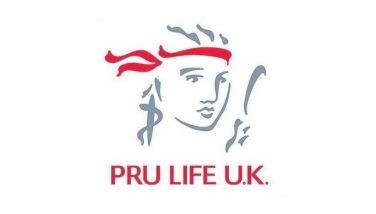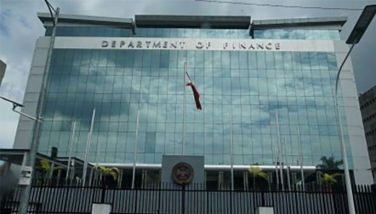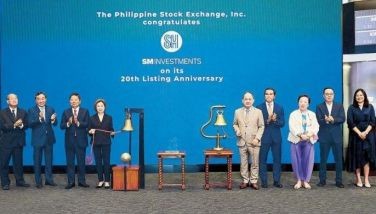Phl moves up in WEF Enabling Trade Index
MANILA, Philippines - The Philippines’ overall ranking in the World Economic Forum’s (WEF) Enabling Trade Index improved by eight places to the 64th spot in 2014 from 72nd place in 2012.
The WEF’s Global Enabling Trade Report 2014, which covered 138 economies, looks into the extent to which institutions, policies, infrastructure and services have been put in place to facilitate the free flow of goods over borders and to their destination.
Among the nine members of the Association of Southeast Asian Nations included in the list, the Philippines placed fifth, following Singapore (1st), Malaysia (25th), Thailand (57th), and Indonesia (58th).
The Philippines, however, placed higher than Vietnam (72nd), Cambodia (93rd), Lao DPR (98th), and Myanmar (121st).
The WEF report ranks countries based on seven pillars which are: domestic market access, foreign market access, efficiency and transparency of border administration, availability and quality of transport infrastructure, availability and quality of transport services, availability and use of information and communication technologies (ICT), and operating environment.
Out of the seven pillars, the Philippines performed well on domestic market access where it placed 19th, and foreign market access in which it ranked 26th.
Room for improvement remains with respect to the other five pillars as the country ranks in the bottom half of the index in all of them.
The country’s biggest weakness is the lack of adequate transport infrastructure, in which it placed 96th.
The country ranked 71st in border administration, while it got the 82nd spot in operating environment amid corruption and red tape.
In terms of availability and quality of transport services the country got the 84th spot, while it placed 85th in availability and use of ICTs.
“Among the 56 indicators comprising the Enabling Trade Index, the Philippines enjoys competitive advantages in the following 15 areas: specific tariffs, tariffs faced, cost to export, cost to import, tariff dispersion, ease and affordability of shipment, available international airline seats in kilometers per week, customs services index, access to finance, share of duty-free imports, number of distinct tariffs, efficiency of clearance process, tariff rate, number of days to import, and ICT use for business to business transactions,†Makati Business Club (MBC) executive director Peter Perfecto said in a statement.
- Latest
- Trending

























